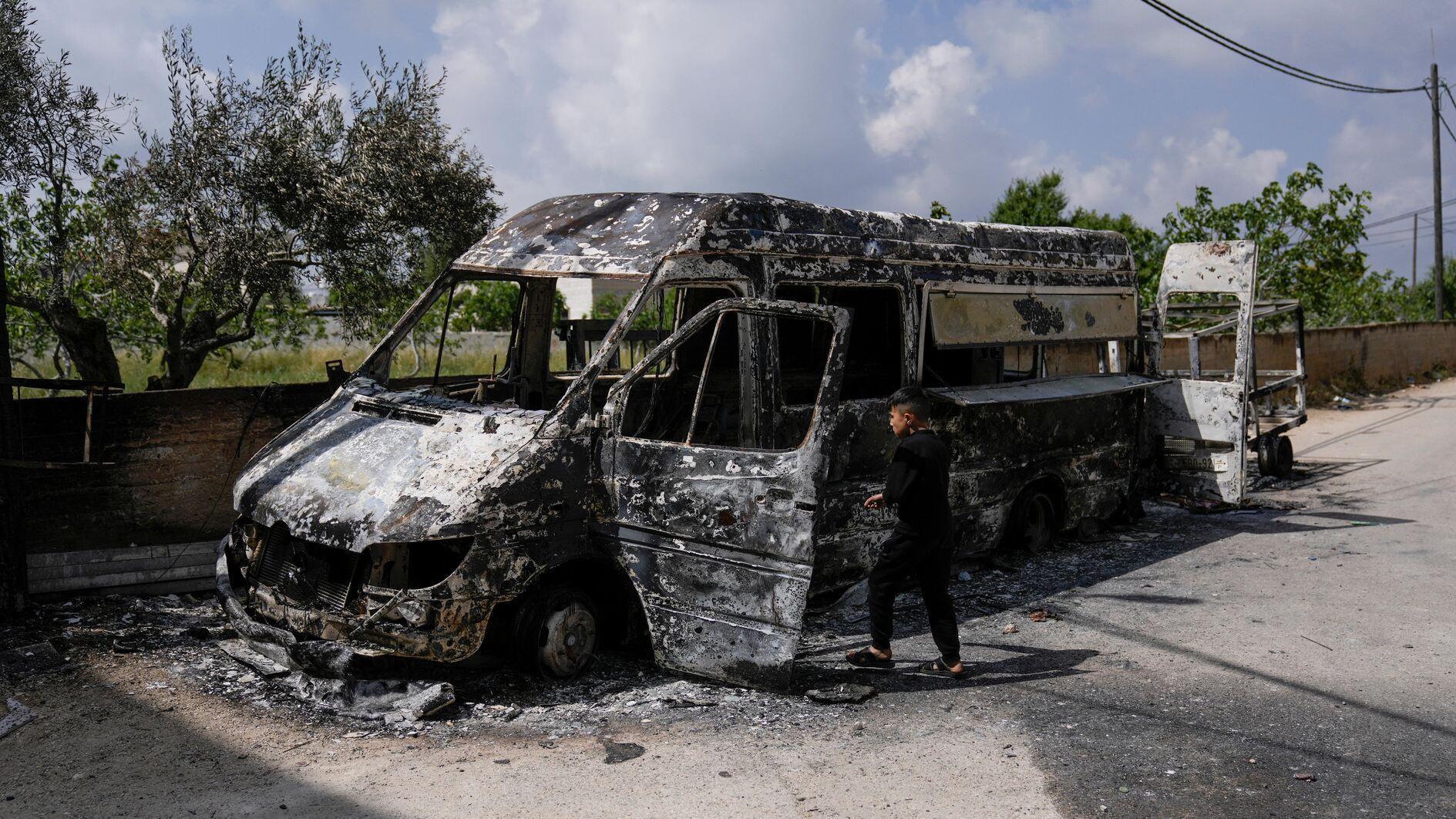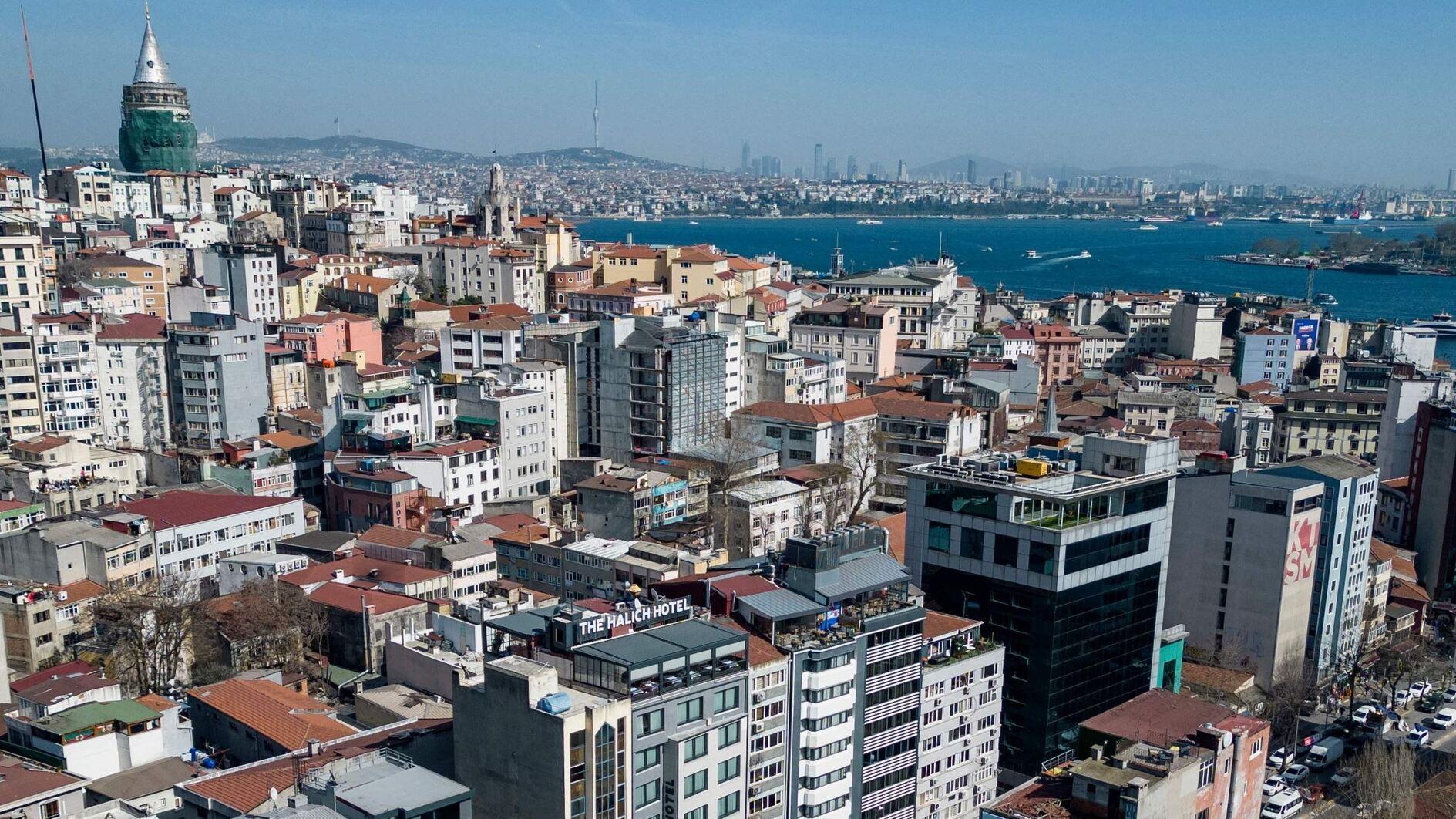The brave new world with Donald Trump
Last Tuesday night, I went to bed thinking that I would probably wake up to a world with Hillary Clinton as the next American president. I woke up instead, of course, to Donald Trump as the next American president. It was a big surprise, of course, if not a shock. But I told myself, as I later told others, “Don’t panic, it probably won’t be that bad.”
The reason for the shock in the face of the electoral victory of Trump is obvious: Throughout his election campaign, the Republican candidate said certain things that offended and even scared the people who are not within his voter base. He said he would temporarily ban all Muslims from entering the country until he figured out “What the hell was going on.” He later softened this a bit, by saying the ban would only be from people from certain countries with a terrorism problem, but all this was enough to make American Muslims worried. Trump’s similarly “politically incorrect” statements offended Mexicans and other minorities, left many American allies in Europe concerned, and made the dictators of the world, from Vladimir Putin to Abdel Fettah el-Sisi, happy.
The reason we should not panic is that there is always a gap between political rhetoric, especially the rhetoric during electoral campaigns, and actual policies. There are also good reasons for that gap to be broad especially in the United States. First of all, America has strong institutions, such as the Supreme Court, which would be a check on any potential decision by Trump that could curb civil liberties. Then, there are many experienced people in the Republican Party with whom Trump will now work and get advice from.
All these facts save me from joining the camp which thinks that an “American Hitler” has been elected and that the world is being dragged toward a colossal disaster. I also see that Trump is more of a pragmatic opportunist than a wild-eyed ideologue.
Yet still, the election of Trump as the new American president will be a major boost for the forces of illiberalism and anti-globalism that have lately been shaking the liberal global order. This first emerged with the rise of the far right in Europe, then with Brexit and now the wave of Trump may take it to higher levels.
Of course, this major reaction to liberal globalism is not happening without a reason. Its proponents, including myself, hoped that a more open world would be more prosperous and open-minded. We would all eat sushi, humus and quinoa, wear the united colors of Benetton, and the world would become a global village.
What really happened was more complex. Such a global liberal class indeed emerged everywhere, but it got soon vilified as “the elite,” by the people for whom globalization worked negatively. Some of them were workers who lost their jobs because of products from China or immigrants from the East. Others were people who did not like the different religions, cultures and lifestyles that globalization put into their face. For when people of different values and creeds come together, they don’t necessary like each other. They may rather dislike each other more than ever.
Trump is a wakeup call for all of us who did not see this downside of globalization. It presents a powerful wave in the early 21st century, which will not go away by merely condemning its proponents as “racist,” “fascist,” or “bigoted.” It needs to be understood and reckoned with. And liberal globalism must be rectified, if it will survive, rather than leaving the ground for a dark era of nativist, nationalist authoritarianisms in many corners of the world.











